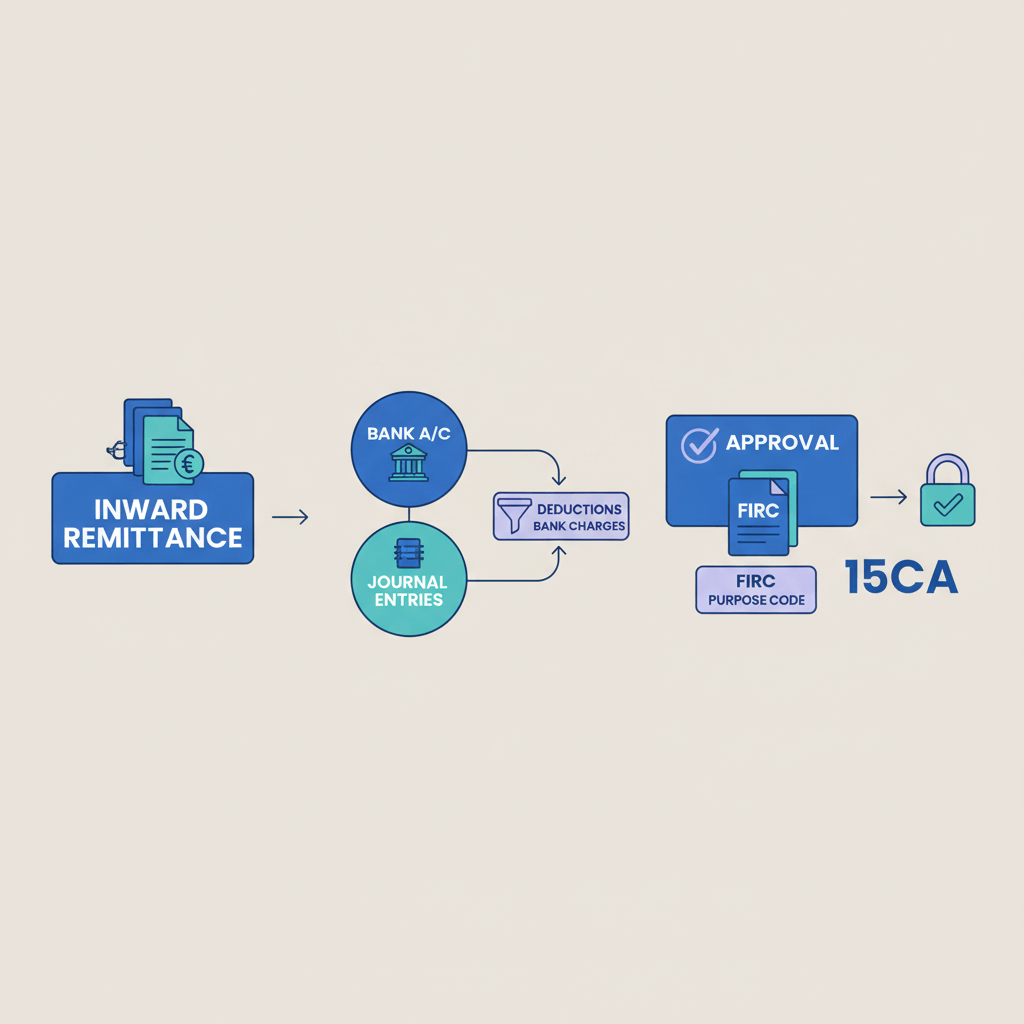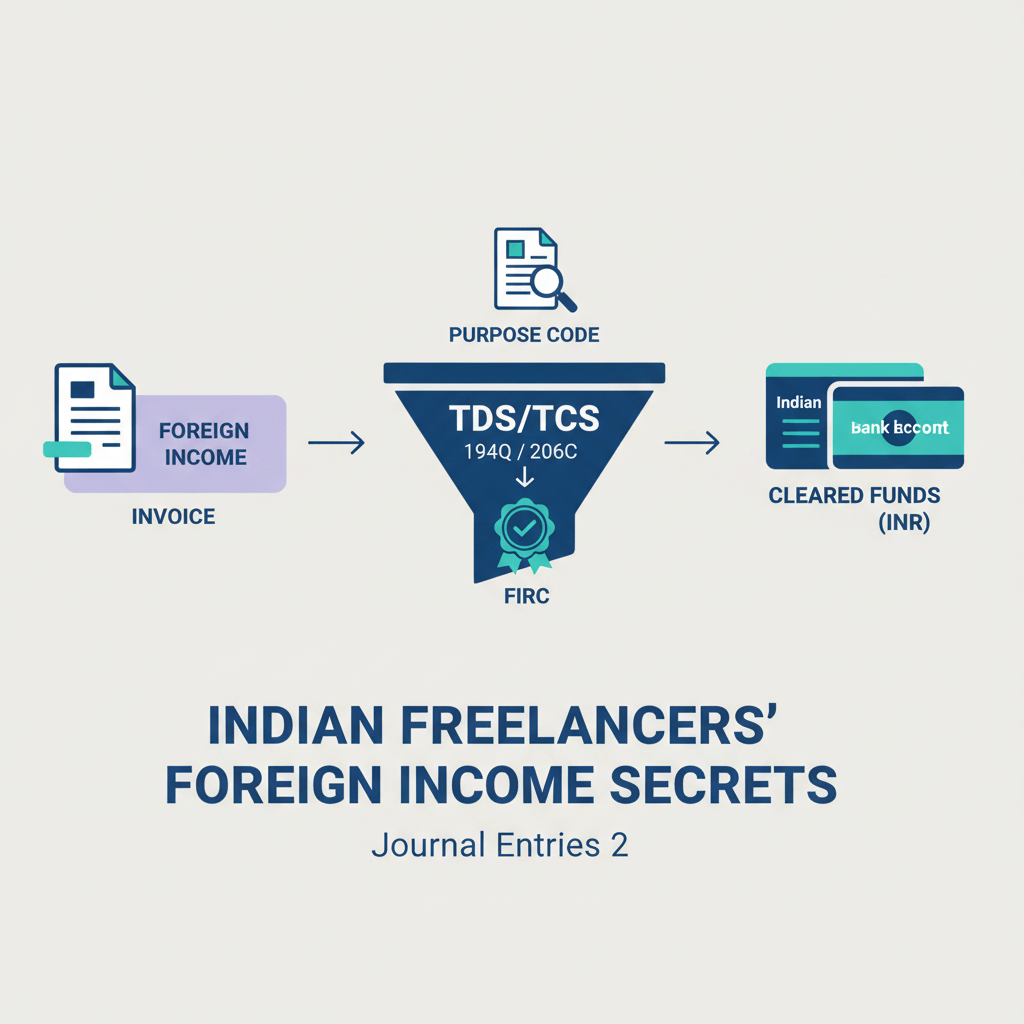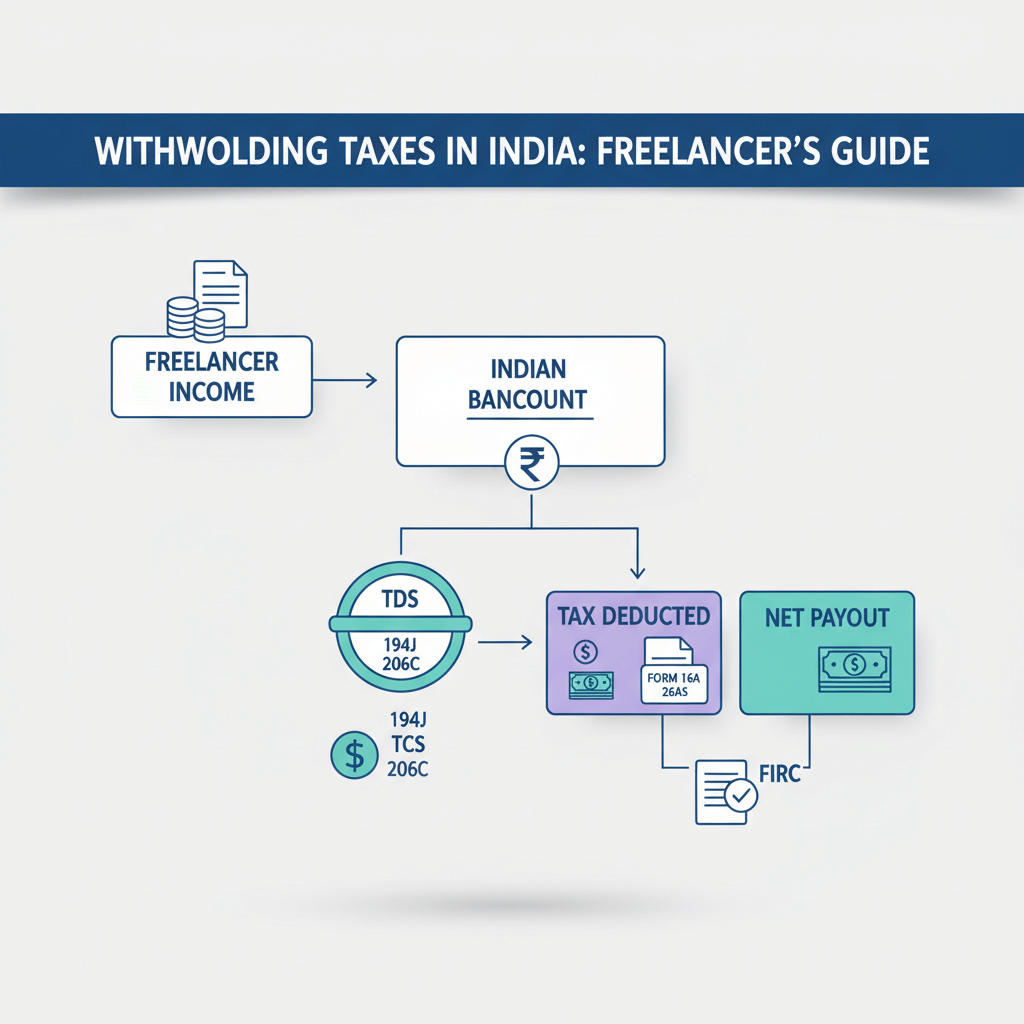Individuals and businesses that deal with forex remittances would be familiar with the problems associated with the same.
Compliance issues, high markup rates, bank delays and whatnot!
Most of us would be thrown into a world of chaos as outward remittances, A1, A2 transactions etc are super unfamiliar and confusing terms at face value.
But here you are trying to deep dive into this.
So let’s help you do that. In this blog post, we'll explore everything you need to know about outward remittance.
What Is Outward Remittance?
An outward remittance refers to the act of transferring funds from a domestic bank account to a foreign bank account. It is commonly referred to as an international online money transfer, wire transfer, or telegraphic transfer.
Individuals utilise outward remittances for a variety of purposes, including sending money to relatives residing in other countries, covering educational expenses, or making investments abroad.
It's important to note that governments and central banks impose regulations and restrictions on outward remittances, and there might be applicable currency conversion fees and charges.
Why Use Outward Remittance?
There are several reasons why people use outward remittance. The most common reason is to support family members living abroad. Many people send money to their parents, children, or siblings who live in a foreign country.
Outward remittance is also useful for paying for education fees for children who study abroad. In addition, many people use outward remittance for investment purposes, such as investing in foreign stocks or buying property abroad.
Outward remittance is also useful for businesses that need to pay suppliers or vendors in a foreign country.
Let’s say, if a business imports goods from a foreign country, they need to pay its suppliers in that country's currency. Outward remittance is a quick and secure way to make these payments.
When to Choose Outward Remittance?
- The circulating funds are high in value and volume, and the main focus is to control the financial expense rather than to obtain convenience.
- If the requirement of the vendor is dependent on the speed of the payment and the exporter accepts the terms of payment.
- The remittee and the importer have a good relationship and the condition of the prepayment is acceptable.
How to Make an Outward Remittance?
To make an outward remittance from India, you need to follow a few simple steps. First, you need to visit your bank and fill out a form for an international wire transfer. The form will ask for information about the recipient, such as their name, address, and bank account details.
You'll also need to provide information about the purpose of the transfer, such as whether it's for family support or for investment purposes.
Once you've filled out the form, you'll need to provide the bank with the amount of money you want to send.
The bank will then convert the money into the currency of the recipient's country and send it to their bank account. The recipient will receive the money in their bank account within a few days.
However, in the case of business forex remittances, you can use fintech services like Karbon Forex that completes any B2B forex payment within 3 working days. In the case of previously onboarded vendors, the transaction will take less than 5 hours.
Outward Remittance Fees and Charges
Its needs can vary depending on the bank you use and the country you're sending money. Banks typically charge a flat fee for outward remittance, plus a percentage of the amount being sent.
The fees can be higher for larger amounts, so it's important to check with your bank before making a transfer.
In addition to fees, there may be other charges associated with outward remittance. For example, some banks charge a foreign exchange fee for converting the money into the currency of the recipient's country.
There may also be intermediary bank fees if the transfer goes through multiple banks before reaching the recipient's bank account.
Outward Remittance Regulations and Restrictions
Outward remittance is subject to regulations and restrictions by governments and central banks. These regulations are in place to prevent money laundering, terrorism financing, and other illegal activities.
As a result, there may be outward remittance limits on the amount of money you can send, and you may be required to provide additional information about the purpose of the transfer.
In addition, some countries may have restrictions on outward remittance. For example, some countries may require special permission or documentation to send money abroad.
It's important to check the regulations and restrictions for the country you're sending money to before making a transfer.
Security and Fraud Prevention in Outward Remittances
Outward remittance is a secure way to send money abroad, but there are still risks of fraud and scams. To prevent fraud, it's important to only use reputable banks or money transfer companies for outward remittance.
Word of caution: Do not fall for cheap markup rates as provided by banks or fintech services. Any bank will match the rate you demand. The focus should be on the services being provided, avoidance of delays, and hassle-free compliance process.
How Should Businesses Deal With Outward Remittances? The Forex Way
Karbon Forex is designed to facilitate all corporate outward remittances to 165+ countries.
Karbon will take care of both the necessary compliance and the end-to-end transaction execution for all B2B foreign remittances.
The process will entail the following:
- Karbon will receive the corresponding invoice with bank account details for the Forex vendor payment from your firm.
- Karbon's outward remittance tax consultant will prepare 15CB along with following up with the vendor for compliance prerequisites such as TRC, No PE etc. The company’s CA may also prepare the same. There is no restriction w.r.t the CA chosen.
- Karbon will follow up with the remitter (your company) for the generation of 15 CA.
- Karbon will confirm forex rates and the INR amount that needs to be pre-funded.
- The remitter will fund the account.
- Karbon will initiate transactions and keep your firm (the remitter) updated on the transaction status.
Bottom Line
There you have it.
All that you need to know about outward remittances and B2B forex transfers.
The advent of technology has made outward remittance more accessible and convenient. With the help of online platforms, people can now make international transfers quickly and easily.
However, it is crucial to choose a reliable and trustworthy platform to avoid fraudulent activities.
For B2B transfers specifically, Karbon Forex is a natural choice.
When will your business give it a try?











